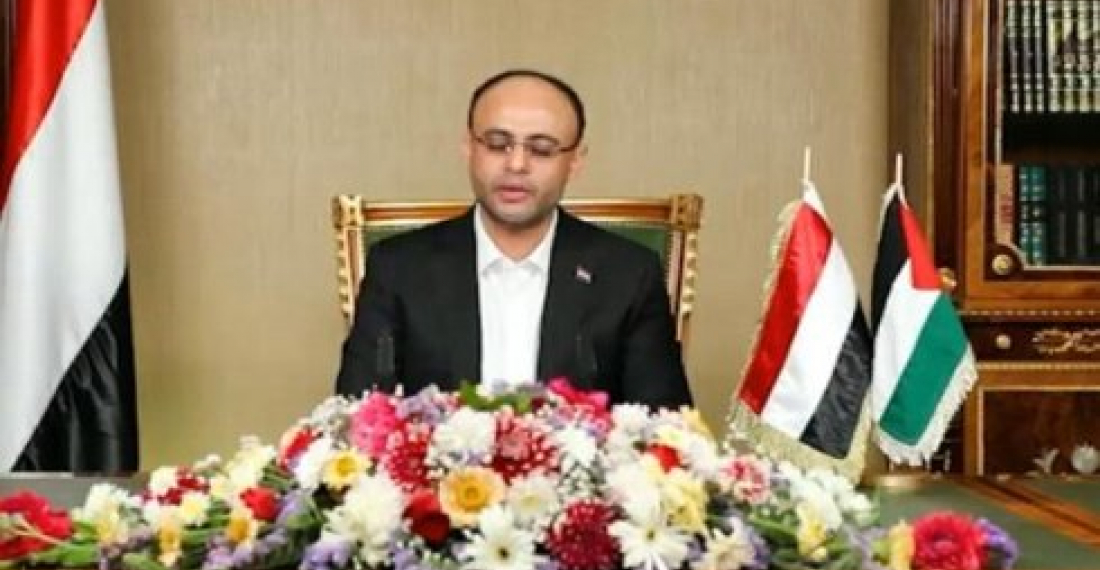The Houthis movement in Yemen announced a new peace initiative, naming it "Marib Initiative". The call came form Mahdi Al Mashaat, the President of the Supreme Political Council of the Houthis. Marib is a key energy producing region in the center of Yemen. The Houthis have launched an advance towards the region in the last few weeks, resulting in heavy clashes with forces loyal to the internationally recognised Hadi government.
The initiative also coincided with the sixth anniversary of the fall of Sana'a to the Houthis in 2014. No details were provided on the initiative by the Houthis.
On the other hand, the Hadi government has called on the Southern Transitional Council to urgently implement the Riyadh agreement, which is meant see a new cabinet formed in areas under government control.
source: commonspace.eu with Al Jazeera Arabic (Doha).
photo: Houthi leader Mahdi al Mashaat (archive picture)







